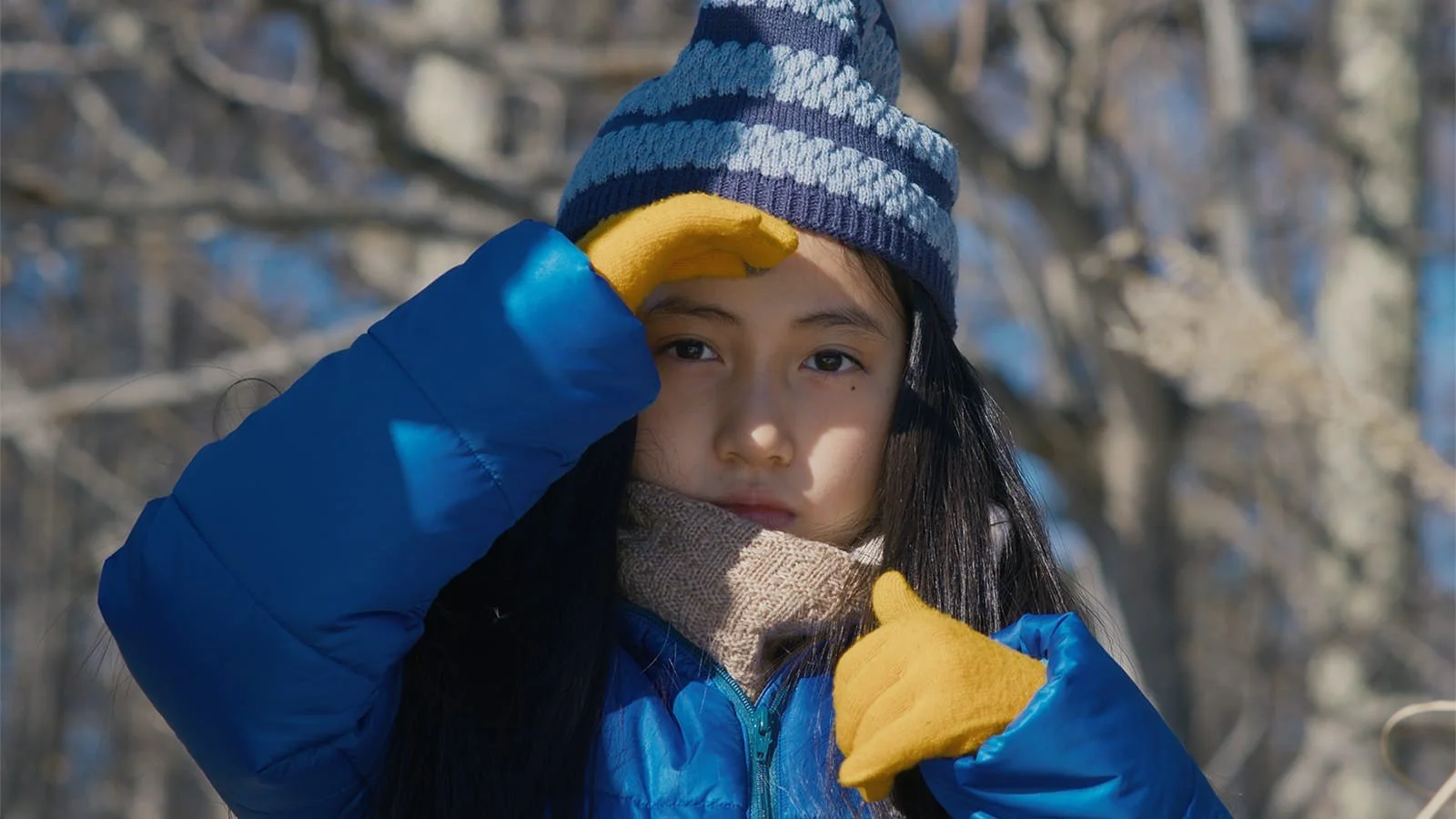‘Evil Does Not Exist’ Review: Ryusuke Hamaguchi’s Enigmatic Cautionary Tale
Courtesy of Sideshow/Janus Films.
After making Academy Award history with his Best Picture nominated Drive My Car–– somehow the only Japanese movie ever to be nominated in the category–– Ryusuke Hamaguchi’s filmmaking career was catapulted into another tier of worldwide recognition. Instead of turning to a big-budget, Hollywood-level project like many others may have, Hamaguchi disappeared into the snowy hinterlands of Japan to create his latest film, Evil Does Not Exist. Enrapturing in its portrayal of the natural world yet uncanny in its ominous tone, Evil Does Not Exist works as the director’s most restrained and lyrical film to date, an allegory vilifying environmental degradation in the modern age and the often voracious perpetrators responsible for such devastation.
In Mizubiki, a forested village just a few hours from Tokyo, the residents live in harmony with their surroundings: chopping wood, gathering crystal clear spring water, and foraging for wild wasabi. Each member of the village knows their function, working towards the greater good of the community and the protection of their simple way of living. Takumi (Hitoshi Omika) is a pillar of Mizubiki, juggling the upkeep of the village with raising his young daughter, Hanna (Ryo Nishikaw), as a single father. One evening, Takumi attends a forum where a company from Tokyo discusses with the community a proposed plan to create a glamping (glamorous camping) site to attract tourism and revenue to the region. The townsfolk are reasonably revolted by the proposal, speaking up on all of the concerns they have with how the glamping site would negatively impact the environmental stability they rely upon. The business representatives sent to propose the idea quickly change their tune and look to Takumi to act as an intermediary between their company’s relentless plans and the village’s wellbeing. As the two representatives begin to immerse themselves in the peaceful life of Mizubiki, the village’s balance is thrown out of sync, leading to unforeseen consequences for everyone involved.
Courtesy of Sideshow/Janus Films.
In Evil Does Not Exist’s opening sequence, the viewer is automatically submerged into the idyllic if not elusive, rural society that Hamaguchi tactfully captures in collaboration with cinematographer Yoshio Kitagawa. The movie begins with an extended tracking shot, staring up into barren trees framed against a wintery sky, allowing audiences to sink into the natural world that the director captures with such contemplation. Complimenting the scene is Eiko Ishibashi’s lush score, which serves as a leitmotif throughout the film, transforming back and forth between delicate eulogy and horror-evoking orchestral verses. The film’s exposition takes its time in portraying the everyday lives of the characters and their deep connections with the scenic surroundings, underscoring the increasingly long-forgotten relationships between humanity and nature that the residents of Mizubiki are still able to honor. An embodiment of this approach is frequently portrayed through Takumi’s relationship with Hanna: each day he escorts his daughter home from school, they wander through the forest, identifying species of trees, birdsong, and the footprints of deer.
While Hamaguchi paints the villagers in Evil Does Not Exist as fable-like enigmas, the city-dwelling outsiders are treated much more like the standard figures found in his work: uncertain spirits searching for fulfillment in the modern world. Envisioned through the characters of Takahashi (Ryuji Kosaka) and Mayuzumi (Ayaka Shibutani), the two PR representatives responsible for convincing Mizubiki’s community to board the glamping project, the film emphasizes their conflicted interiority, the friction they face in their lives. Seeing how the community bands together to protect their region from outside forces, the two develop an empathy for Mizubiki’s resident and push back against their employer’s greedy plans of fast-tracking the campsite, to no avail. Takahashi and Mayuzumi’s richest scene (very reminiscent of Drive My Car) captures them on a car ride from Tokyo in existential conversation, discussing everything from the frustrations of professional life to finding quality romance via dating apps. This sequence works powerfully to bring humanity to their corporate characters, which is then seemingly reinforced by their infatuation-turned-fetishization with Mizubiki’s pace of living. Even though two Tokyo residents boast a large portion of the film’s spare script, Hamaguchi never loses a trace of the narrative’s true heart: Takumi and his neighbors. As Evil Does Not Exist transitions into its startling final act, the director returns to his original condemnations of environmental destruction and capitalist gentrification, what can happen to outsiders who threaten to take over.
Speaking on the Evil Does Not Exist’s conclusive moments, they have been a noteworthy and unavoidable part of its discourse since the movie premiered last fall. As twilight descends upon Mizubiki and a crisis unfolds that entangles the entire community, the film makes its most momentous transformation into mysterious territory, fully unleashing the foreboding tones that Hamaguchi hints at from the film’s earliest minutes. The intricately constructed tension finally boils over, manifested through a heavily allegorical sequence that contains a ferocity and sharpness unseen throughout the director’s prolific filmmaking career. This final act will undoubtedly prove polarizing for most audiences, in part due to its heavy-handed symbolism. Still, it has quickly become one of the most shockingly memorable and powerful last scenes in the cinema of recent years.
Courtesy of Sideshow/Janus Films.
In reference to the film’s name, Hamaguchi creates a deceptive work that does not toil to answer such a question, leaving the viewer to build their own ideas. As with all of the director’s films, Evil Does Not Exist assembles intricate characters representative of reality, yet this movie exists as a compelling departure for Hamaguchi to explore more poetic ideas and themes about the natural world and humanity’s increasingly detached relationship with it. Despite the film’s slippery nature, it does exist as an homage to Mother Nature and the élan vital she can provide to those who respect her. After all, “balance is key.”
4.5/5
Evil Does Not Exist made its world premiere at the 2024 Venice Film Festival, where it won the FIPRESCI Award and the Grand Jury Prize. The film will begin its theatrical release in North America on Friday, May 3 , and will be distributed by Janus Films and Sideshow. Watch the trailer for Evil Does Not Exist below and click here to find showtimes near you.


